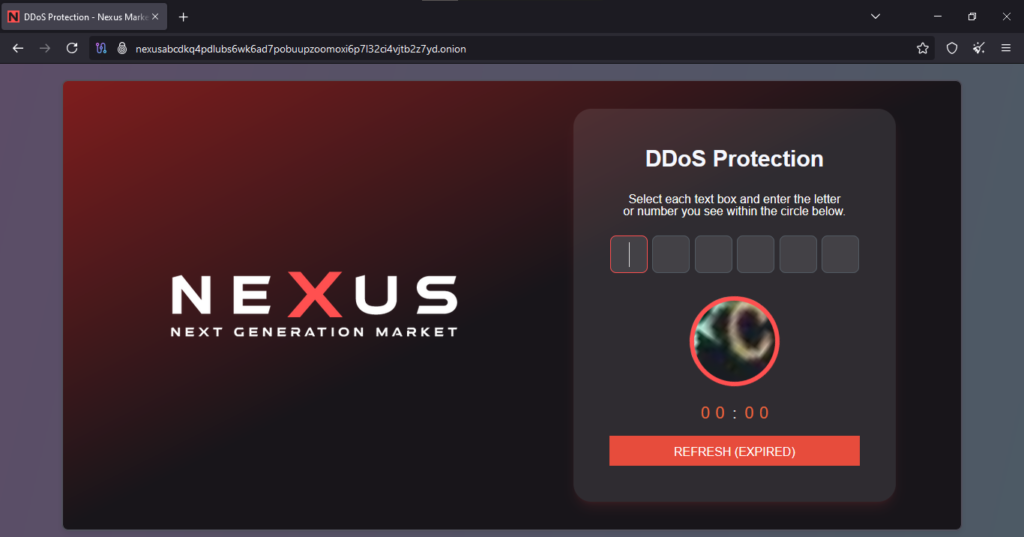Table of Contents
ToggleNEXUS Market – TOR Scam Report (205)
Onion Link : http://nexusabcdkq4pdlubs6wk6ad7pobuupzoomoxi6p7l32ci4vjtb2z7yd.onion
Scam Report Date: 2025/02/23
Client Scam Report Breakdown
Original Report Summary:
The client describes their experience with fraud on the NEXUS marketplace, where they were scammed twice, leading them to question the integrity of the platform’s administrators and dispute system. The report highlights that marketplace admins initially pretended to support the victim but ultimately sided with the vendor, despite clear evidence of fraudulent activity. The client recounts a major loss of $2,000 after purchasing from the vendor BULKHOUSE, who misrepresented the quantity of goods and attempted to coerce the client into a “dead drop pay-first” scam. When the victim reported this behavior to an admin named Alexia, the admin disregarded the evidence and ruled in favor of the vendor, citing marketplace policies and the vendor’s seniority as justification. The report further accuses NEXUS moderators of suppressing negative feedback, effectively concealing scam activity and allowing fraudulent vendors to continue scamming other users.
Terminology and Scam Techniques
Several forms of marketplace fraud and administrative corruption are present in this report. The “dead drop pay-first scam” refers to a scheme where the scammer instructs the buyer to send money before disclosing a pickup location, only for the scammer to disappear afterward. This tactic is especially risky because it forces the buyer to trust the vendor outside of the escrow system, making recovery of funds impossible. The favoritism toward vendors is another concerning element, as marketplace reputation systems are typically designed to protect buyers. However, in this case, the vendor was awarded funds despite evidence of fraud, suggesting systemic corruption or collusion between moderators and vendors. Additionally, blocking negative feedback is a classic reputation manipulation tactic, ensuring that new buyers are unaware of past scams. Legitimate marketplaces allow transparent feedback to maintain buyer trust, but in this case, the suppression of ratings enables long-term vendor fraud.
Analysis and Prevention Strategies
This scam follows a structured marketplace manipulation model, where admins and vendors work together to exploit buyers by enforcing biased policies that protect fraudulent vendors. To prevent falling victim to similar scams, users should be cautious of platforms with restricted dispute resolution systems, lack of transparent feedback, and administrators who refuse to acknowledge valid concerns. Before making large purchases, buyers should look for independent reviews on external scam-reporting forums and test vendors with smaller transactions first. Additionally, any attempt by a vendor to move a transaction outside of escrow should be treated as an immediate red flag. Victims of such fraud should document their experiences thoroughly and report them on community scam awareness sites to warn others. This case also suggests that buyers should avoid platforms that display signs of administrative corruption, as a compromised dispute system means fraud will persist indefinitely, with no real recourse for victims.







